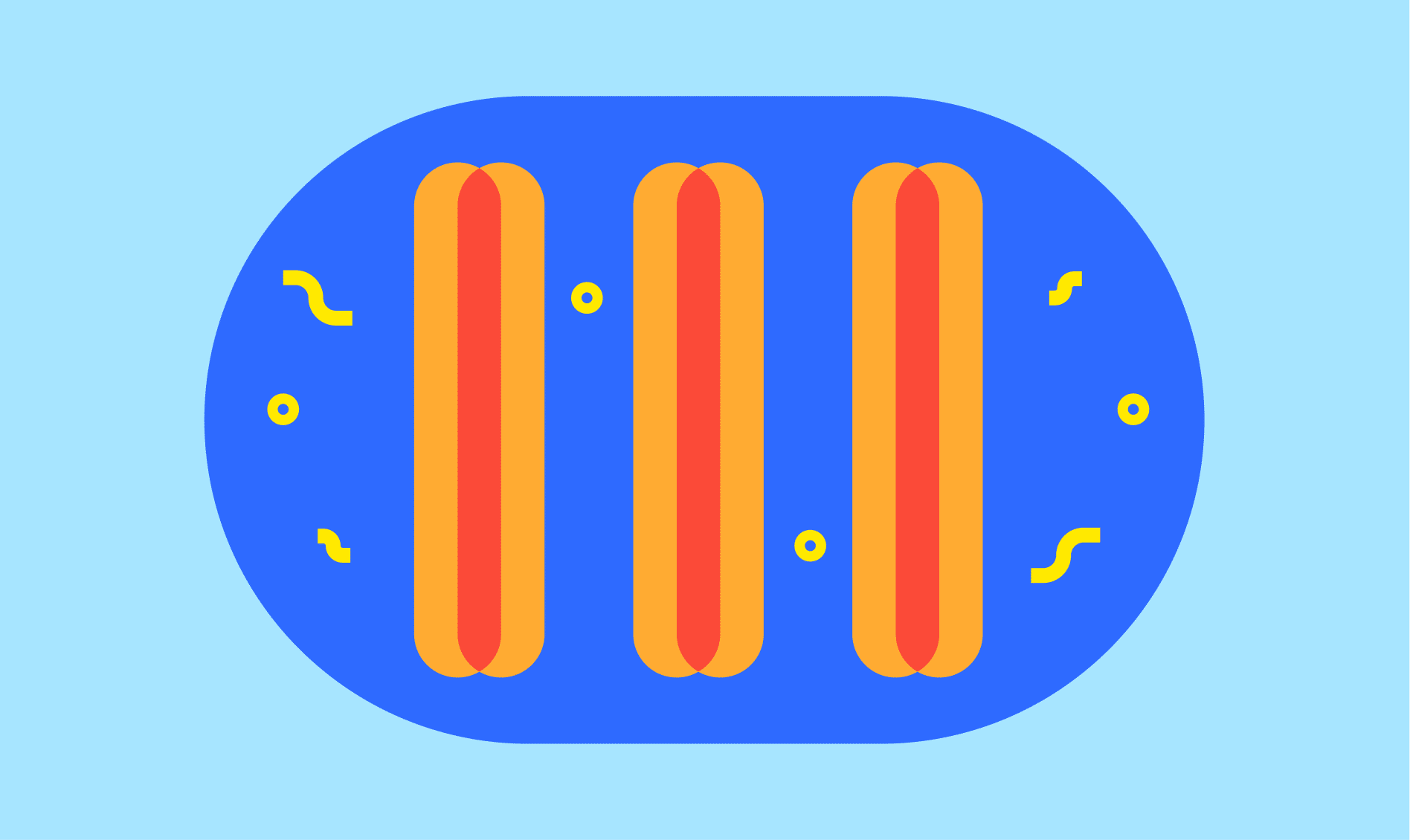Summary of The Science Behind Ultra-Processed Foods:
*the need for extensive cooking every day. This way, you always have healthy options ready to eat, even on the busiest of days. #4. Read Labels Carefully While it’s best to choose whole, unprocessed foods whenever possible, we understand that sometimes convenience is a priority. When selecting packaged foods, be sure to read the labels carefully. Look for foods with minimal ingredients and avoid those with long lists of unrecognizable additives. Choose products that are lower in added sugars, sodium, and unhealthy fats. Keep in mind that ingredients are listed in order of quantity, so if sugar or any unhealthy ingredient is listed near the top, it’s best to put the item back on the shelf. #5. Educate Yourself and Be Mindful Finally, one of the most important aspects of transitioning away from ultra-processed foods is to educate yourself and be mindful of your choices. Take the time to learn about nutrition, read books, attend workshops, or consult with a registered dietitian who can provide guidance tailored to your individual needs. By being aware of the potential health risks of ultra-processed foods and understanding the benefits of whole, unprocessed foods, you’ll be better equipped to make informed decisions about what you put into your body. Additionally, practicing mindfulness can help you break free from the addictive patterns associated with ultra-processed foods. Pay attention to how different foods make you feel physically and emotionally. Notice whether you are truly hungry or if you are eating out of habit or stress. Listening to your body’s hunger and fullness cues and choosing foods that nourish and energize you can help you break free from the cycle of overeating and dependence on ultra-processed foods. In conclusion, it’s clear that ultra-processed foods have become a significant part of our modern diet, contributing to various health issues. By understanding what makes these foods detrimental to our health and implementing strategies to reduce their consumption, we can take control of our well-being and embrace a diet that prioritizes whole, unprocessed foods. While change may seem daunting at first, remember that small steps can lead to big results. With determination, education, and support, you can make the shift towards a healthier lifestyle and enjoy the many benefits that come with it.


